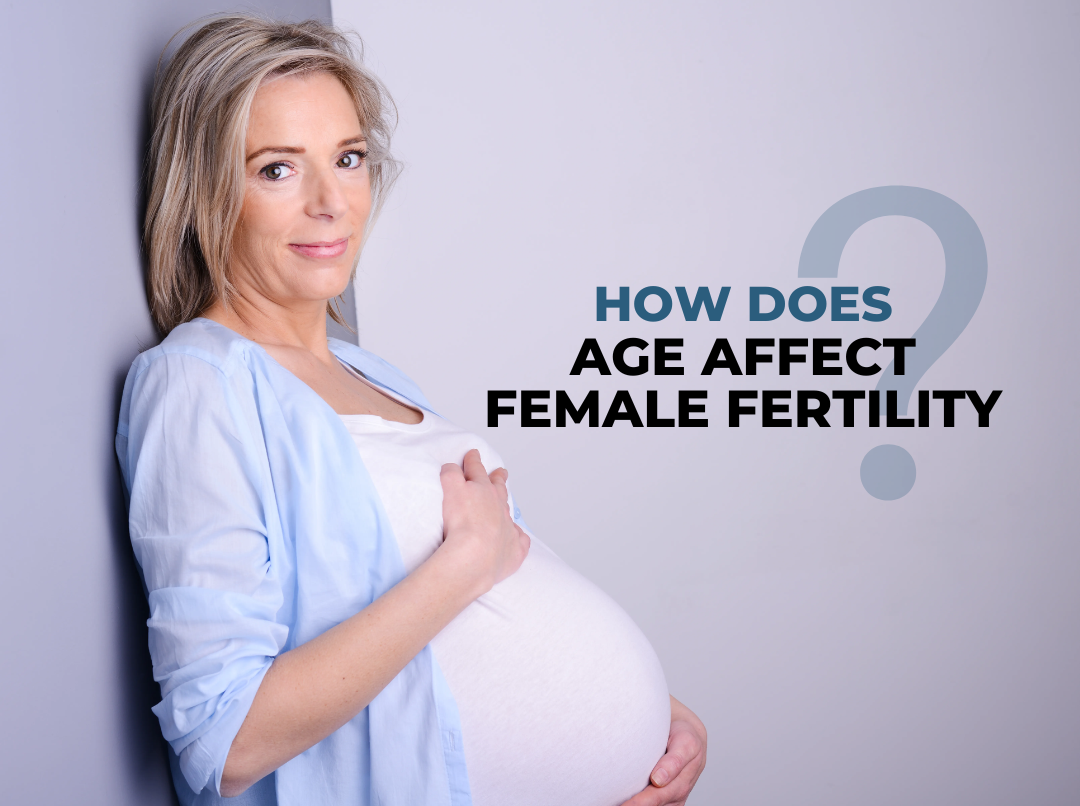Age is a critical factor in a woman’s fertility. As women age, both the quantity and quality of their eggs decline, which can make it more challenging to conceive. Here’s a detailed look at the impact of age on fertility:
1. Egg Count Decreases
Women are born with a finite number of eggs—around 1 to 2 million at birth. However, this number decreases with every menstrual cycle. By the time a woman reaches her 30s, the count of viable eggs starts to decline significantly, reducing the chances of natural conception.
2. Egg Quality Declines with Age
As the number of eggs decreases, their quality also diminishes. Older eggs are more prone to chromosomal abnormalities, increasing the risks of miscarriages and genetic disorders like Down syndrome. This decline in quality contributes to lower fertility and pregnancy success rates.
3. Fertility Declines After 35
Most women experience a noticeable decline in fertility around age 35. By the time a woman reaches 40 years old, her chances of conceiving naturally drop to 5-10% per menstrual cycle. This makes it more difficult to conceive without medical assistance.
4. Menopause and Fertility
Menopause, which usually occurs between the ages of 45 and 55, marks the end of a woman’s reproductive years. However, a sharp decline in fertility often begins as early as the late 30s or early 40s, further reducing the chances of natural conception.
5. Fertility Treatments for Older Women
Women trying to conceive later in life may benefit from advanced fertility treatments like:
- IVF (In Vitro Fertilization)
- Egg freezing (to preserve fertility)
Consulting the best gynecologist in Jaipur or a gynecologist in Malviya Nagar, Jaipur can help you explore personalized fertility treatment options. Early intervention is essential to improve your chances of conceiving successfully.
Contact Dr. Nisha S Mangal (Gynecologist in Jaipur)
Call/WhatsApp: +91-9119134481
Address: C 282, Ground Floor Krishna Guest House
Malviya Nagar, Jaipur, Rajasthan

